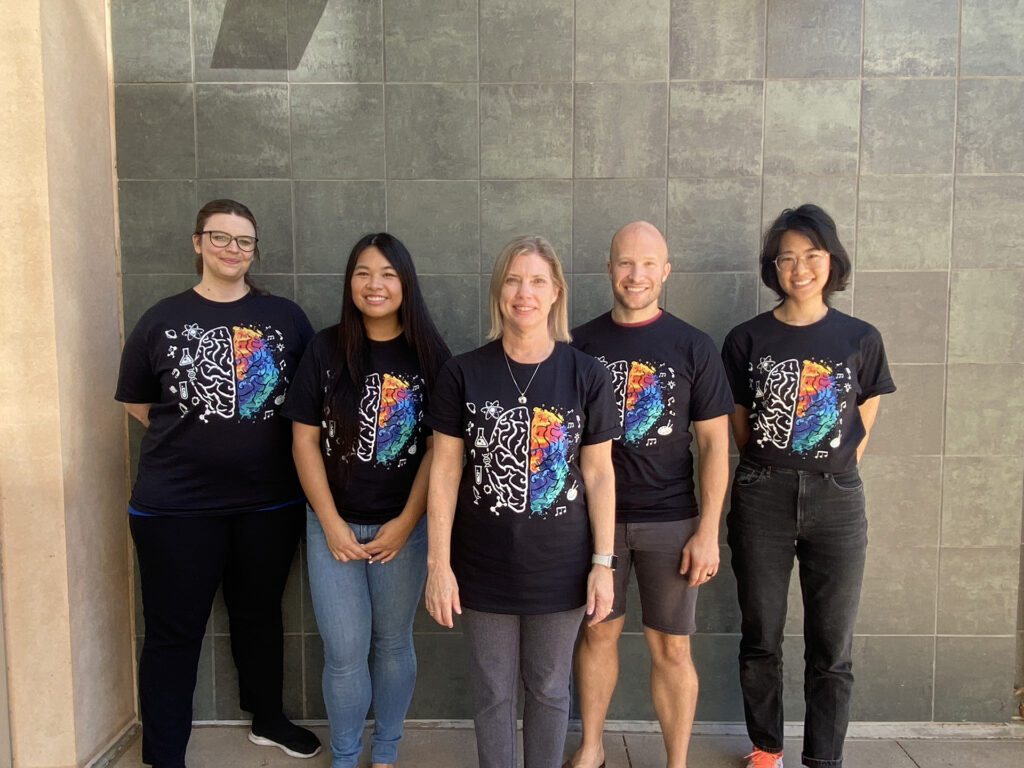With emphases in lifespan development and behavioral genetics, in the Biobehavioral Research Lab, we apply longitudinal and quantitative genetic models to understand variations in cognitive aging, health and longevity.
SOCIAL CONTEXTS AND AGING OUTCOMES
Dr. Reynolds is a member of the IGEMS consortium in part due to her long involvement with and co-directorship of the SATSA study. IGEMS is a consortium of international investigators representing longitudinal twin studies to explore the basis for the association of social factors and aging outcomes. IGEMS is a NIA-funded project that combines data from over 55,00 participants [AG037985, Pedersen; AG060470 (Gatz/Pedersen); AG059329 (Pedersen/Finch/Gatz)]. The aims are devoted to understanding why early life adversity and social factors are associated with diverse outcomes including mortality, and physical, emotional, and cognitive health. Goals include harmonization of data across studies and extensions of work on GE interplay considering gene associations and aging trajectories across domains. Recent efforts include understanding the individual and country-level mechanisms underlying the established relationships between components of SES (occupation, education, financial strain) and health outcomes, and, leveraging IGEMS studies to contribute to a clearer understanding of the mechanisms underlying genetic and non-genetic risk and protective factors for Alzheimer’s disease and related dementias. A focus of the UCR site is on longitudinal methods and models of gene-environment interplay.
COGNITIVE AGING FROM A LIFESPAN PERSPECTIVE
The NIA-funded renewal, Colorado Adoption/Twin Study of Lifespan behavioral development & cognitive aging (CATSLife2) [2R01AG046938; Reynolds (contact), Wadsworth, MPIs] will evaluate the unique saliency of early childhood versus proximal influences that influence cognitive functioning across the midlife transition. Whereas CATSLife1 established baseline performance at the cusp of midlife, CATSLife2 will evaluate stability and change across the midlife transition in up to 1,400 participants from the prospective Colorado Adoption Project and parallel Longitudinal Twin Study. Additionally, we will further integrate the prospective Twins Early Development Study (TEDS) with a new assessment of 5000 twins at age 28 years. This integrated follow-up study of CATSLife and TEDS aims to: 1) assess individual differences in cognitive stability and change across midlife, considering cognitive reserve pathways that may be mediated by genetic factors and genetically mediated environments; 2) evaluate lifestyle and health behaviors associated with cognitive stability and change, considering early life cognitive reserve and genetic moderation; 3) assess and characterize patterns of biomarkers of accelerated aging that may mediate cognitive stability and change; and 4) evaluate stressful and buffering contexts associated with cognitive stability and change, including socio-demographic and neighborhood features, accounting for active selection (rGE). Read more about CATSLife2 here: https://news.ucr.edu/articles/2020/09/24/grant-facilitates-research-behavioral-development-and-cognitive-aging-over.
